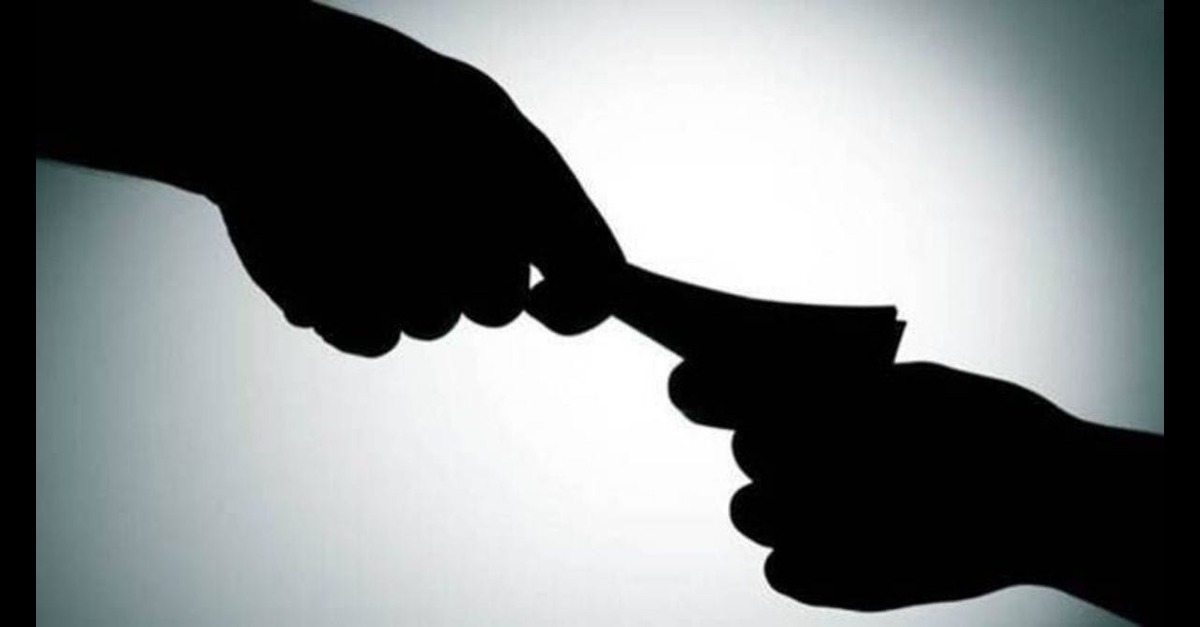Case Name: Aakash Deep Chauhan vs. CBI & Anr.
Case Number: CRL. M.C. 204/2020 & CRL. M.A. 890/2020
Date of Judgement: 26th June, 2025
Quorum: Hon’ble Justice AMIT MAHAJAN, J.
FACTUAL BACKGROUND
The petitioner, Aakash Deep Chouhan, was a M/s Capacite Structures Ltd. The facts of the case pertain to bribery allegations where it is alleged that Chouhan, along with other persons accused, offered a motorcycle to one Pradeep, an IB officer, to influence the officials of M/s NBCC (India) Ltd. The aim was to obtain a sub-contract in a big government redevelopment project. The Central Bureau of Investigation (CBI) had depended on tapped telephonic conversations between the accused and the testimony of the petitioner’s driver, who had seen the motorcycle delivered. The petitioner requested release under Sections 227 and 228 of the CrPC and pleaded for destroying the recordings of the intercepted calls because they were illegally obtained and breached his privacy.
ISSUE FOR DETERMINATION
- Whether the intercepted telephone calls, claimed to have been procured in breach of statutory safeguards, were admissible and credible in evidence.
- Whether, based on the material so available on record, there was a grave suspicion warranting the framing of a charge against the petitioner under Section 120B of the Indian Penal Code (IPC) read with Section 9 of the Prevention of Corruption Act, 1988.
LEGAL PROVISIONS
The case involved several legal provisions, such as Section 227 and Section 228 of the Code of Criminal Procedure, 1973, dealing with discharge and framing of charge. Materially, the petitioner was accused under Section 120B IPC (conspiracy) and Section 9 of the Prevention of Corruption Act, 1988 (bribery by a commercial entity). The petitioner’s objection to the interception of calls invoked Rule 419A of the Indian Telegraph Rules and Section 5(2) of the Telegraph Act, 1885.
APPELLANT’S CONTENTIONS
The petitioner contended that the intercepted calls were procured in contravention of Rule 419A and without authority, thereby violating his constitutional right to privacy under Article 21 of the Constitution. He presented that such illegally procured evidence must be destroyed and not used to fabricate charges. The petitioner also alleged that he acted on instructions as an employee, had no personal benefit or interest in the supposed bribe, and mentioned only ordinary money approvals in the calls. He maintained that physical presence in the calls would not be enough to imply, and no decisive connection to bribery can be made.
RESPONDENT’S CONTENTIONS
On behalf of the CBI, the prosecution contended that even if the intercepted calls were legally defective, their admissibility at law in India was not impacted. Referring to precedents such as State v. Navjot Sandhu (2005) and R.M. Malkani v. State of Maharashtra (1973), the respondent underlined that evidence illegally obtained was still admissible if it was pertinent and credible. The prosecution referred to the calls and the assertion of the petitioner’s driver to establish that the petitioner knew the intent behind the motorcycle delivery. They argued that at the level of framing of charge, a mere prima facie case or grave suspicion was sufficient, and the facilitation role of the petitioner in the bribe was clear.
ANALYSIS
The Court ruled that there is no general ban in Indian law against the admissibility of evidence procured by illegal means unless there is a particular legislative ban. Relying on Navjot Sandhu and R.M. Malkani, the Court reiterated that evidence helpful to the case, even if procured in breach of procedural safeguards, can still be admitted as long as its reliability is not impaired. It is also believed that whether or not such evidence is to be excluded on grounds of fairness is a judicial discretion at the time of adjudication, not at the time of accepting proof.
On the second point, the Court went through some of the call transcripts, particularly calls 31, 33, 34, 41 and 44, which indicated that the petitioner did know about the influence being exercised by the accused Pradeep, an Intelligence Bureau officer, to influence the decision-making at NBCC. Specifically, Call No. 34 stated that the job was completed and Pradeep had taken a black motorcycle, which prima facie established acceptance of a bribe. The driver’s statement also established the handing over of the bike, strengthening the link among the accused individuals.
JUDGEMENT
The Delhi High Court rejected the petitioner’s plea. Despite non-compliance with procedure, it opined that the intercepted phone recordings were reliable and admissible since the law does not automatically exclude such evidence. The Court also held that the Trial Court had aptly framed charges under Section 120B IPC, read with Section 9 of the Prevention of Corruption Act. It held that at the framing of charge stage, the requirement is not to prove the accused’s guilt beyond a reasonable doubt, but to see if a grave suspicion arises. The Court held that the petitioner’s involvement in arranging the bribe, albeit not as the final beneficiary, was amply proved to proceed with the trial.
CONCLUSION
This case reminded me of the established legal position in India: illegally obtained evidence can be used if it’s relevant and reliable. The Court clarified that the test of scrutiny at the charge-framing stage is low, and the gravity of suspicion based on evidence such as call records and supporting witness statements would suffice to proceed. The judgment strengthens the scope of prosecutorial reliance on electronic evidence, even where procedural lapses are alleged, so long as the overall fairness of the trial is not compromised.
“PRIME LEGAL is a full-service law firm that has won a National Award and has over 20 years of experience in various sectors and practice areas. Prime Legal falls into the category of best law firm, best lawyer, best family lawyer, best divorce lawyer, best criminal lawyer, best criminal law firm, best consumer lawyer, and best civil lawyer.”
WRITTEN BY AYUSHI TRIVEDI


